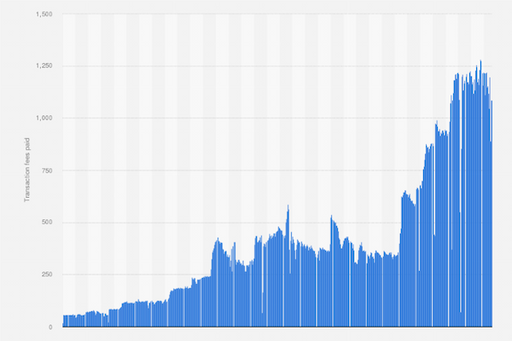
Solana's Local Fee Market: A Solution to Soaring Gas Prices
Blockchain networks often suffer from high transaction fees during times of high demand, such as hyped NFT mints or arbitrage opportunities. Solana has developed a unique fee model to address this issue, creating a local fee market that helps maintain reasonable fees for users.
- Published:
- Edited:
Blockchain networks often suffer from high transaction fees during times of high demand, such as hyped NFT mints or arbitrage opportunities. Solana, a high-performance blockchain, has developed a unique fee model to address this issue, creating a local fee market that helps maintain reasonable fees for users.
Solana's Fee Model: The Accounts Model
Unlike Ethereum, which calculates transaction fees based on block space used, Solana uses an accounts model that differentiates between read and write interactions. Users must pre-define the states their program or contract will interact with, allowing multiple users to read the same state without driving up fees. However, when many users attempt to write to the same state, fees increase only for that specific program, sparing the rest of the network from soaring costs. This approach is made possible by Solana's parallel execution and multithreading with global state management.
Local Fee Market: Different Fees for Different Contracts
Solana's fee model creates a local fee market, where each contract has its own gas fee. This is similar to paying different amounts for groceries in different neighborhoods. High-demand contracts, like those for popular NFT mints or DeFi applications, may have higher fees, but this doesn't impact the rest of the network. This model helps prevent regular users from being priced out of the network due to high gas fees.
Gas Fees: A Necessary Evil
Gas fees are essential for preventing spam transactions and protecting the network from attacks. However, Solana's low transaction fees make it vulnerable to DDoS attacks and high-frequency trading (HFT) bots. To address this issue, developers can implement a base fee and application fee, refunding users only if they genuinely interact with the contract. This penalizes bad transactions while still providing low fees for regular users.
Priority Execution for Urgent Transactions
Solana allows for priority execution of transactions with higher fees, which doesn't directly impact the global fee market but does increase validator profits, making running a Solana node more attractive. Transactions are processed sequentially, and a single program can only use a limited amount of the total block space, preventing the block space from being filled by high-fee transactions.
Future Improvements: Firedancer and Ethereum Comparisons
The upcoming Firedancer update, with its block pre-packing algorithm, will make it easier for validators to calculate compute units and package blocks more efficiently. This improvement could further enhance Solana's fee market model. In comparison, Ethereum's rollup-centric roadmap may not achieve the same level of efficiency due to its fee model and structure.
Conclusion
Solana's local fee market presents a promising solution to the issue of skyrocketing transaction fees on blockchain networks. By isolating fee spikes to specific programs and offering a more efficient fee model, Solana can maintain reasonable fees for users while still preventing spam transactions and attacks on the network. As blockchain technology continues to evolve, Solana's approach may serve as a blueprint for future improvements in transaction fee management.


